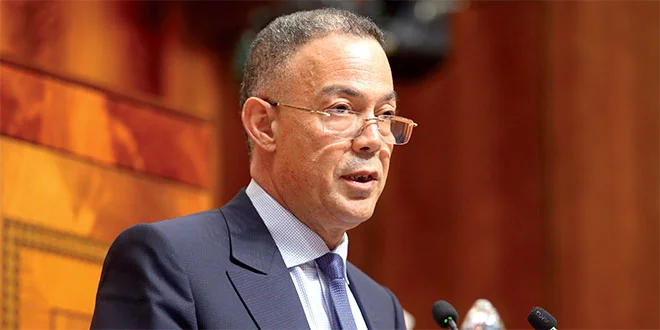The 2024 tax amnesty, which ended on December 31, represents an opportunity to reintegrate taxpayers into the formal economy and a factor to stimulate investment, said ministerial delegate in charge of the budget Fouzi Lekjaa in Casablanca on Wednesday. He spoke during a meeting organized by the General Confederation of Moroccan Companies (CGEM) and dedicated to the provisions of the 2025 Finance Law.
Lekjaa highlighted taxpayers’ enthusiasm in the final days of the operation and highlighted even greater potential for regularization. He also assured that the declared deposits will remain anonymous and a tax audit in 2025 will be excluded for people involved in this process. In addition, discussions are underway with Bank Al-Maghrib to find structural solutions for cash to promote the gradual integration of the informal sector into the formal economy.
Returning to tax reform, the minister stressed the importance of stability and legislative visibility to boost business confidence. He discussed developments in the areas of VAT, corporate tax (IS) and personal income tax (IR), stressing that future adjustments will be determined based on economic performance and the needs of small and medium-sized enterprises (SMEs).
For his part, CGEM President Chakib Alj welcomed the efforts in the tax field, noting that the increase in tax revenues to nearly 300 billion dirhams (MMDH) in 2024 reflects the Kingdom’s progress in economic modernization. He stressed the need to simplify entrepreneurship, facilitate investment and strengthen business competitiveness, in particular through better protection of local production.
The strategic investments for 2025, estimated at MAD 130 billion, primarily target renewable energy, water management and new technologies, while supporting employment by extending the investment charter to SMEs. In this context, combating the informal sector and harmonizing tariffs on inputs are among the most important measures to reduce production costs and boost exports.
Finally, the economic issues related to the organization of the 2030 World Cup and CAN 2025 were also discussed. Alj highlighted the positive impact of these events in terms of job creation and infrastructure investment, estimating that almost 100,000 temporary jobs will be created. He called for a redesign of continuing vocational training to support this dynamic and ensure sustainable skills development.
M.Ba.





